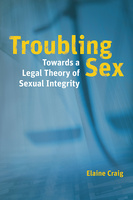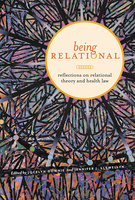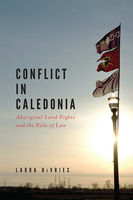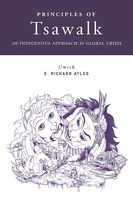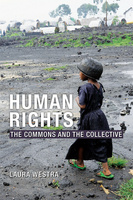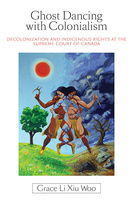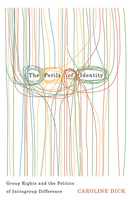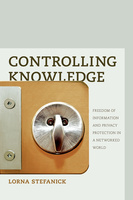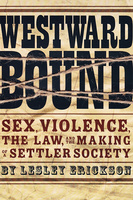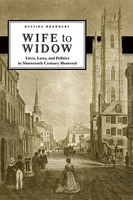Troubling Sex
Towards a Legal Theory of Sexual Integrity
Focusing on the Supreme Court of Canada, Craig attempts to overcome the constraints of theoretical frameworks and disciplinary boundaries by pursuing a more inclusive theory of law and sexuality.
Being Relational
Reflections on Relational Theory and Health Law
This groundbreaking collection explores relational theory and how it can be brought to bear on practical areas of concern in health law and policy.
Conflict in Caledonia
Aboriginal Land Rights and the Rule of Law
A powerful account of how land disputes reflect complex and often competing understandings of law, landscape, and identity among First Nations and non-Aboriginal people in Canada.
Principles of Tsawalk
An Indigenous Approach to Global Crisis
Hereditary chief Umeek weaves together Nuu-chah-nulth and Western worldviews to revitalize contemporary approaches to the environment and the plight of indigenous peoples.
Human Rights
The Commons and the Collective
Laura Westra argues that international and environmental law must place the rights of the collective before those of the individual if we are to protect our common heritage -- the environment, its air, water, and biodiversity -- and ensure humanity’s survival.
Ghost Dancing with Colonialism
Decolonization and Indigenous Rights at the Supreme Court of Canada
Drawing on history, international law, and recent decision-making in the Supreme Court, this book seeks the truth behind allegations that Canadian law continues to colonize Indigenous peoples.
The Perils of Identity
Group Rights and the Politics of Intragroup Difference
Caroline Dick asks how group identity claims, especially in the courts, obscure significant intragroup differences.
Controlling Knowledge
Freedom of Information and Privacy Protection in a Networked World
How current legislation governs privacy and freedom in the digital age.
Westward Bound
Sex, Violence, the Law, and the Making of a Settler Society
Through the study of hundreds of criminal cases, Westward Bound explores how encounters between the courts and ordinary people on the Canadian Prairies contributed to the construction of race, class, and gender hierarchies in a settler society.
Wife to Widow
Lives, Laws, and Politics in Nineteenth-Century Montreal
The diversity of women’s lives as wives then as widows negotiating the law, patriarchy, family relationships, and the economy in 19th-century Montreal come alive in this first major study of widows in Canada.

